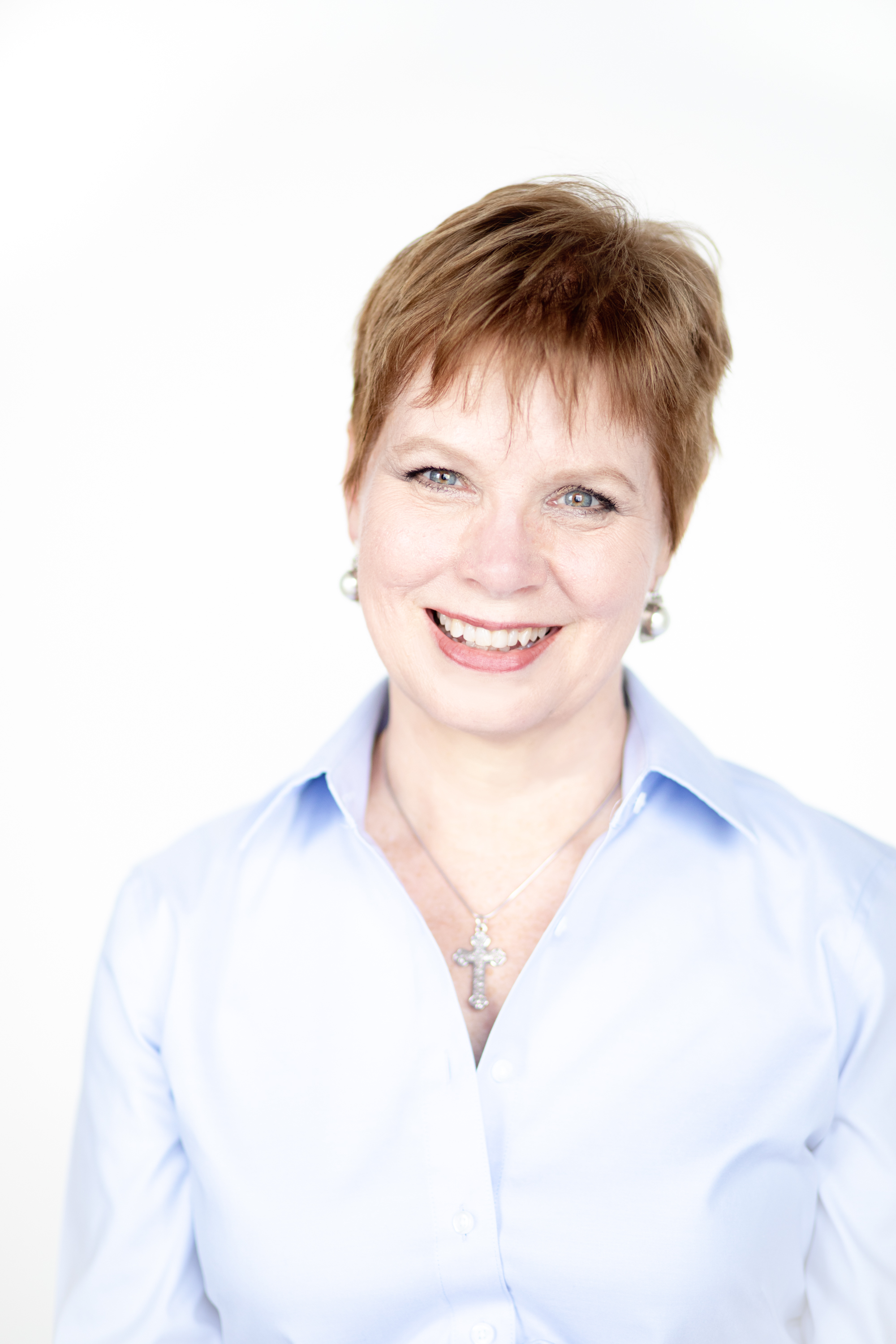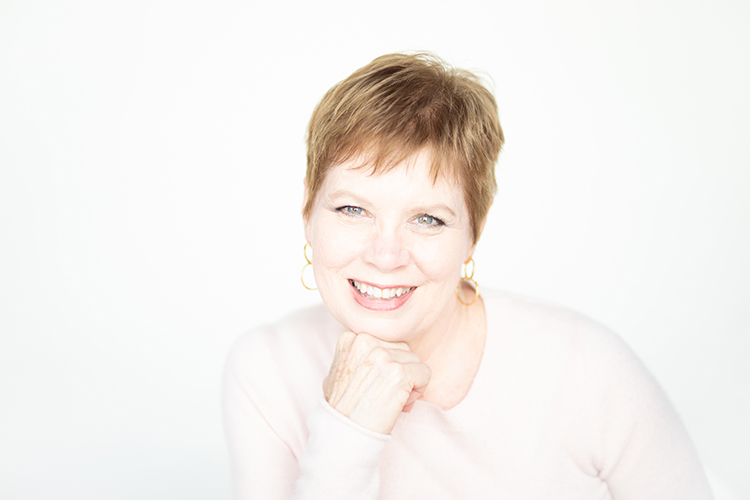People often ask me “What does your church believe about. . . “. You fill in the blank. It might be a topic in the news such as a woman’s right to choose or it might be a spiritual question like heaven/hell. These are hard questions to answer. First of all, we don’t all agree in our congregation. And even if we did, the other churches in our denomination, the Christian Church (Disciples of Christ), might hold the opposite belief. But even more challenging is that each of us might change our minds on what we believe based on our experiences in the world or simply because we learned something new. The question of belief dodges the really important topic of how we live. What if someone asked us “How do the people in your church live their lives in light of what God has done in Jesus Christ”.
I like what James K. A. Smith writes in his latest book, How to Inhabit Time:
“Being a Christian, then, is not so much a matter of believing something about God as much as living in light of this event’s cascading effects on history. Christian faith is ongoing participation in the Christ-event which continues to rumble through human history. Christianity is less a what and more a how, a question of how to live given what has happened in Christ.”
Last week my husband took our granddaughters to the school book fair. The youngest not only selected books for herself but also looked to find a book that her 7-year-old brother, who lives with autism, would really love. That is living in light of Christ’s love. A friend of mine has rearranged her life to care for a relative with dementia. That’s living in the light. Even sitting in a carpool line with a gaggle of bouncing 5th graders in the van can be an occasion for acting out the tender mercy of Christ.
The reason we gather at church each Sunday is to participate in the “Christ-event which continues to rumble through human history.” We gather together in small groups and classes and service projects so that the energy of Christ’s presence will be awakened in us. Christianity is not a set of beliefs we can check off. Rather it is an invitation to have our lives molded and shaped by the ongoing movement of the living Christ in our universe.
“In Christ we live and move and have our being” says Acts 17.
Grace and peace,
Carla




